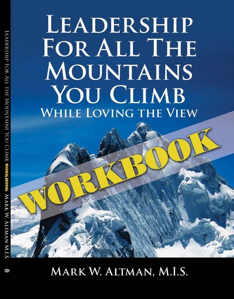When I was eleven years old, I saw a boy drown. As a brand new Boy Scout, I helped adults try to save his life. When he didn’t make it, I determined I would never see another person drown.
Two years later, I barely weighed 100 pounds with five pounds of shot in my pocket. Despite the concerns of my parents, in June of 1978, I took Lifesaving merit badge at a Boy Scout summer camp much like our own at Camp Easton. I passed the merit badge, came home on a Saturday, then on Sunday saved a girl from drowning while we were at a family reunion. There is no doubt my training saved my life and hers.
Accidents in the water are all too common in America. Part of our propensity for trouble around the water is that we love the water so much. People will swim, dive, fish, canoe, kayak, tube, boat, ski and scuba dive in any body of water big enough to hold them and their chosen activity. We will do these activities without lifeguards, no thought to preparing and inspecting the swim area, with little to no adult supervision, in spite of poor environmental and weather conditions. All too often, our activities around water involve the use of a substance we in the South refer to as “ignorant oil”; most other places in the US know this substance as alcohol.
Given that 97 percent of US children ages 8 to 12 say they have been swimming in the last year, it is not surprising the CDC reports there are roughly 5,000 drownings or near drownings per year in the US. With drowning claiming 859 children under 14, drowning was the second leading cause of injury related death of children as of 2001, despite a 40 percent decrease over the previous decade; seventy-five percent of these drownings occurred because of a lapse of parental supervision. You may be surprised to know that most drownings happen both quickly and silently.
Under the best circumstances water rescues are dangerous, should only be attempted by trained personnel, and then only with equipment. The number of drownings that are double drownings are a testament to the danger involved. Far better is to prevent the need for a water rescue at all. With the summer sun and the water calling, please do these simple things before having fun around the water.
· Please adequately supervise your children. Many children drown while in the presence of one or both parents. Children can drown in the time it takes you to answer the phone, not talk on it. Do not play cards, make lunch, or go get lemonade while watching your kids in the water. Do not read or drink alcohol while children are in the water.
· The Red Cross and most YMCAs provide swim lessons for kids and training for parents on how to conduct water activities safely. These classes are very inexpensive, especially when you consider the ability to swim is a lifelong skill providing confidence and safety.
· You can make or buy simple devices to help in case of an emergency such as a shepherd’s crook, or a gallon jug with some water in the bottom for weight tied to a good nylon rope.
· Use life vests if boating. Yes, I know you don’t like them. I usually don’t either which is why an investment in a good PFD that fits properly is such a good idea. If you have a boating accident many times you will not have the time to grab a life jacket and if you have little eyes around you can bet your bottom dollar they are looking to your example.
Almost anything that can be done is more fun when you do it in the water, but please do it safely or it can cost you your life; or worse, the life of someone you love.
Mark Altman is a speaker and leadership consultant with the Altman Leadership Center. He has graduate work in Marriage and Family Counseling and is working on a PhD in Leadership studies at Gonzaga University. He can be reached at mark@taolc.com.








No comments:
Post a Comment